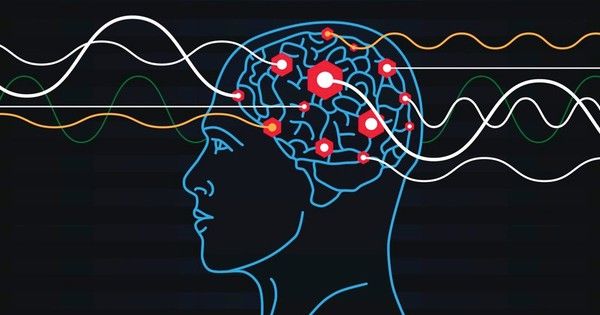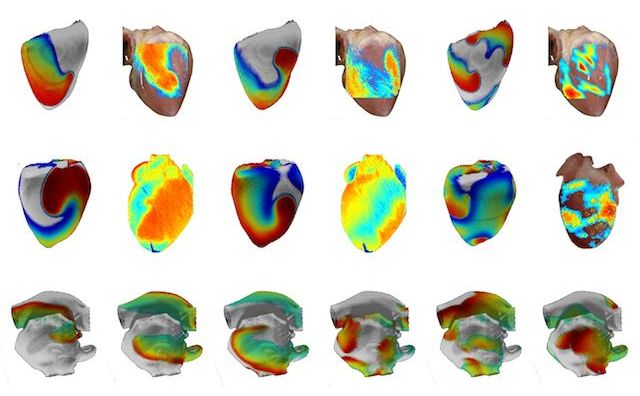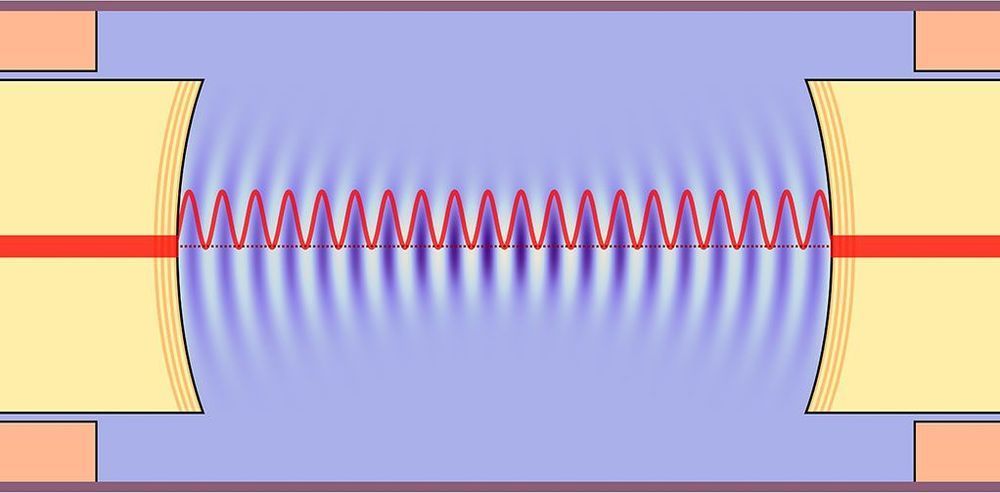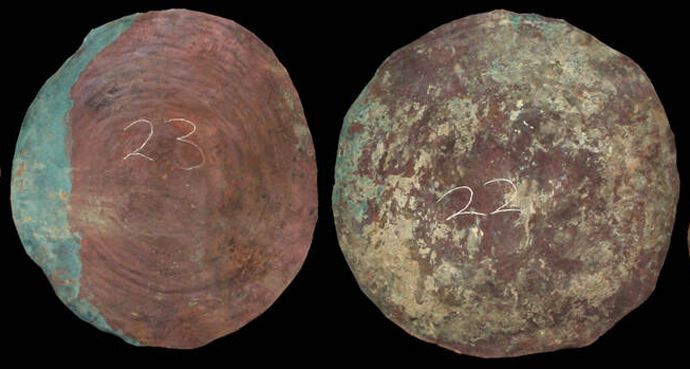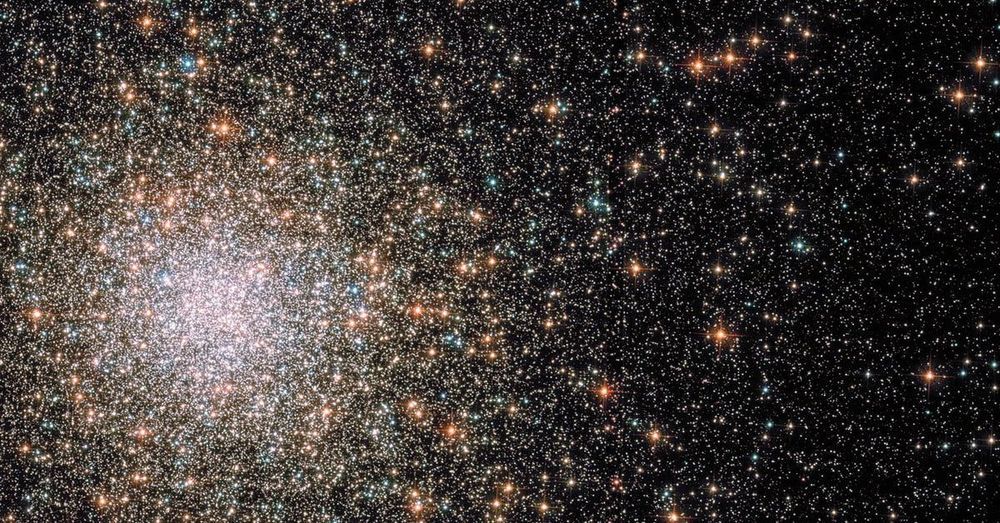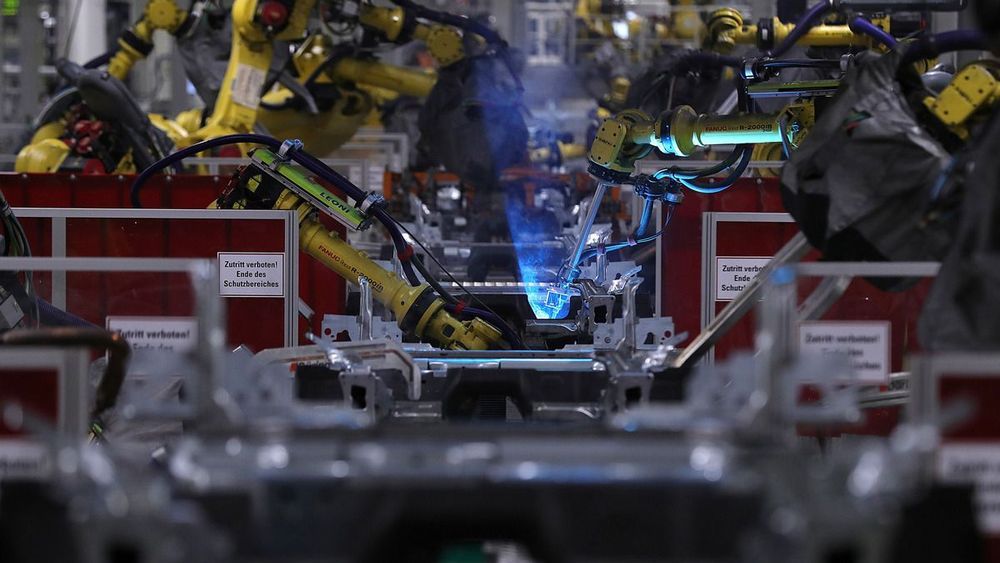This week’s Hubble Picture of the Week is a view of the stunning and unusual Messier 62 cluster in the constellation of Ophiuchus.
A globular cluster is a group of thousands of stars which are bound together by gravity, and which move across the sky as one group. The strong gravity means that most such clusters are perfectly spherical, like the neat and orderly Messier 3 or Messier 28 clusters.
But in the case of Messier 62, we see something different. The cluster is warped, with a long tail of stars which stretch out to one side to form a shape like a comet and its tail. It is thought that this distortion is due to Messier 62’s close proximity to the center of the galaxy, where strong gravitational forces from outside the cluster create tidal forces which pull some of the cluster toward the center.
Read more
